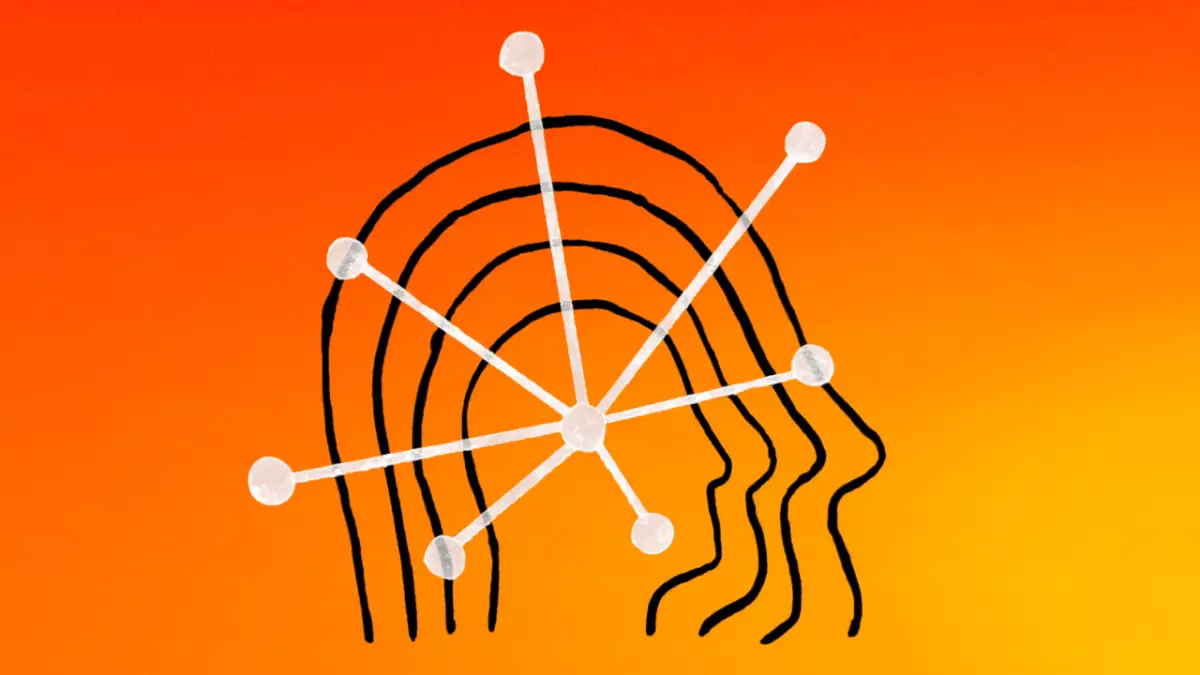In the ever-evolving realm of artificial intelligence, the competition between coding tools is not merely a technological showdown but a battle for the hearts and minds of developers. Two prominent contenders in this space are Anthropic’s Claude Code and OpenAI’s Codex CLI. Both tools aim to enhance coding efficiency using AI, but the reception among developers has tilted favorably towards Codex CLI, raising questions about the impact of open accessibility on community goodwill.
Licensing: A Game-Changer
The underlying licensing structures of these tools serve as a clear demarcation between the two approaches. Codex CLI operates under an Apache 2.0 license, which encourages sharing, modification, and commercial deployment. This open format appeals to the developer community, enabling collaborative enhancements and fostering an environment of trust. Conversely, Claude Code is shackled by a more restrictive commercial license that limits how developers can interact with and modify the tool. This fundamental difference sets the tone for developer interactions and community sentiment.
Transparency and Developer Trust
Notably, Anthropic’s decision to obfuscate Claude Code has raised eyebrows. By making its source code less accessible and then aggressively pursuing takedown actions via DMCA complaints when someone attempted to de-obfuscate it, Anthropic has inadvertently cast a shadow over its product. This response has not only alienated developers but also prompted social media backlash, where many have expressed disappointment. In contrast, OpenAI has actively solicited feedback from its users, integrating numerous suggestions into Codex CLI, which enhances its reputation as a developer-friendly organization.
The OpenAI Advantage
The proactive stance of OpenAI in merging developer suggestions rapidly into Codex CLI demonstrates a commitment to iterative improvement and user collaboration. For instance, the recent integration of capabilities that allow Codex CLI to utilize AI models from competing platforms, including Anthropic, signifies OpenAI’s willingness to innovate cooperatively rather than follow a guarded development model. Such moves could be seen as paving the way for a new paradigm in which developers are empowered rather than restricted.
The Future Landscape
Despite the current advantages of Codex CLI, it is essential to recognize that Claude Code remains in its beta phase. As Anthropic continues to refine its offering, there exists a possibility that the company may adopt a more developer-friendly approach, including revisiting its licensing terms. However, the early impressions created by both tools can have long-standing effects on their respective reputations, especially among the vibrant community of modern developers who value transparency and collaboration.
The recent changes in OpenAI’s approach reflect a broader shift in the tech landscape. As the conversation around open-source software evolves, companies may find themselves reconsidering their strategies in order to maintain relevance and foster positive developer relations. The ongoing narrative of Codex CLI versus Claude Code will continue to intrigue developers, who ultimately wield the power to shape the future of these technologies through their preferences and contributions.

